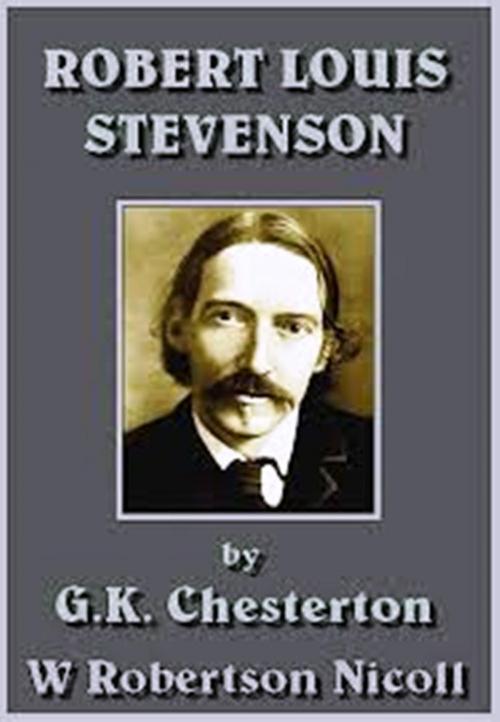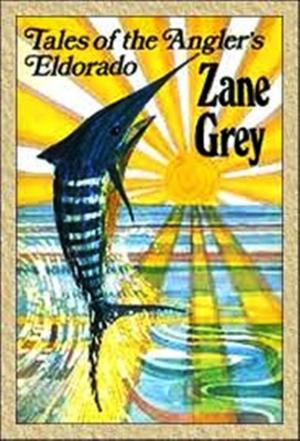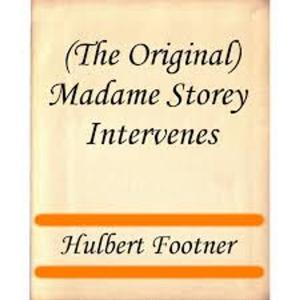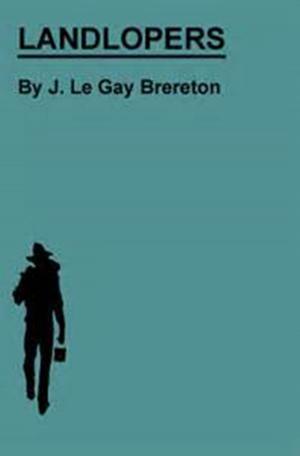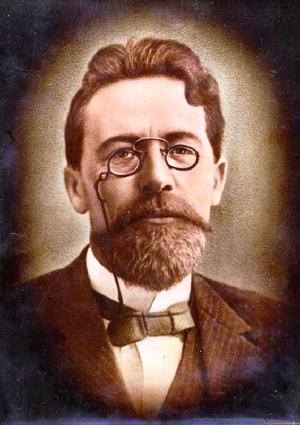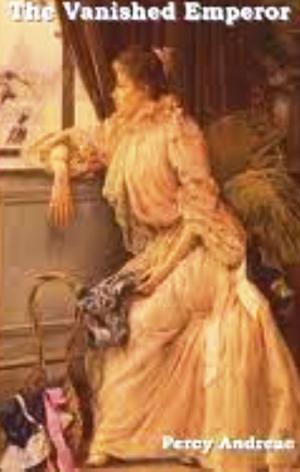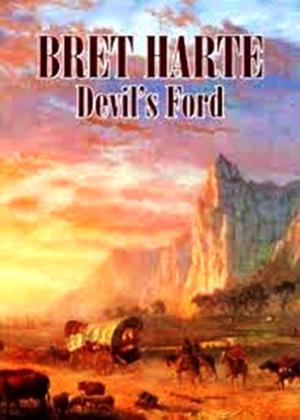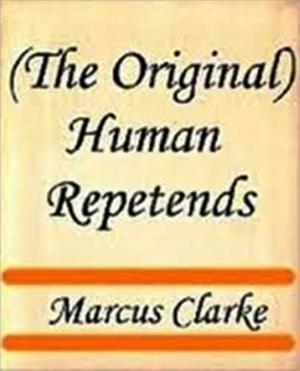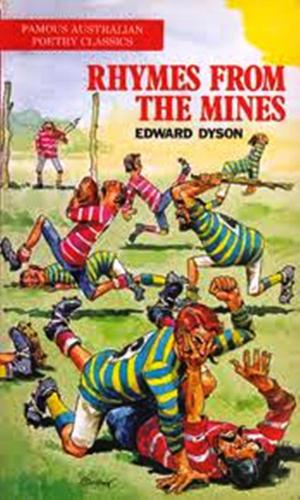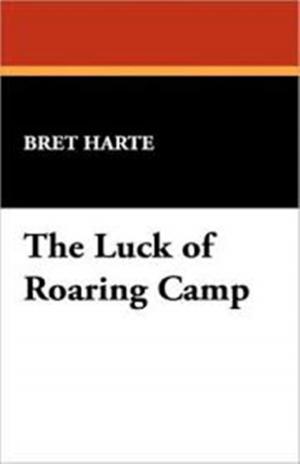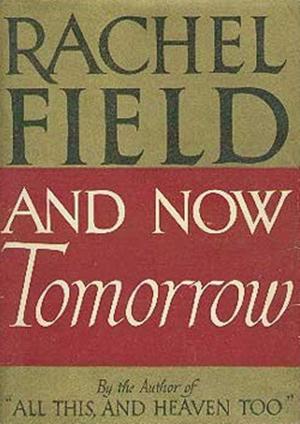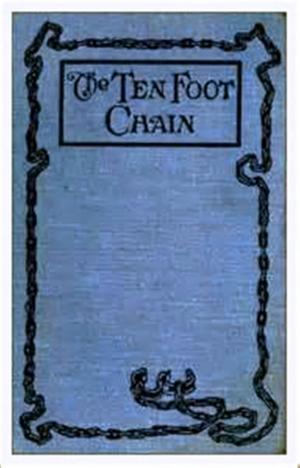| Author: | G.K. CHESTERTON, W. ROBERTSON NICOLL | ISBN: | 1230000146512 |
| Publisher: | WDS Publishing | Publication: | June 29, 2013 |
| Imprint: | Language: | English |
| Author: | G.K. CHESTERTON, W. ROBERTSON NICOLL |
| ISBN: | 1230000146512 |
| Publisher: | WDS Publishing |
| Publication: | June 29, 2013 |
| Imprint: | |
| Language: | English |
He was not content to dwell in a world where the lines are drawn clear, where the sheep are separated from the goats. He would have a foot in both worlds, content to dwell neither wholly with the sheep nor wholly with the goats. No doubt his ruling interest was in ethical problems, and he could be stern in his moral judgments, as, for example, in his discussion of the character of Burns. He was by nature and training religious, "something of the Shorter Catechist." His earliest publication was a defence of the Covenanters, and in his last days he established close friendships with the Samoan missionaries. Yet he was by no means "orthodox," either in ethics or in religion. Much as he wrote on conduct, there were certain subjects, and these the most difficult, on which he never spoke out. On love, for example, and all that goes with it, it is quite certain that he never spoke his full mind—to the public at least. Another very striking quality in his personality was his fortitude. He was simply the bravest of men. Now and then, as in his letter to George Meredith, he lets us see under what disabling conditions he fought his battle. Human beings in a world like this are naturally drawn to one who suffers, and will not let himself be mastered or corrupted by suffering. They do not care for the prosperous, dominant, athletic, rich and long-lived man. They may conjecture, indeed, that behind all the bravery there is much hidden pain, but if it is not revealed to them they cannot be sure.
He was not content to dwell in a world where the lines are drawn clear, where the sheep are separated from the goats. He would have a foot in both worlds, content to dwell neither wholly with the sheep nor wholly with the goats. No doubt his ruling interest was in ethical problems, and he could be stern in his moral judgments, as, for example, in his discussion of the character of Burns. He was by nature and training religious, "something of the Shorter Catechist." His earliest publication was a defence of the Covenanters, and in his last days he established close friendships with the Samoan missionaries. Yet he was by no means "orthodox," either in ethics or in religion. Much as he wrote on conduct, there were certain subjects, and these the most difficult, on which he never spoke out. On love, for example, and all that goes with it, it is quite certain that he never spoke his full mind—to the public at least. Another very striking quality in his personality was his fortitude. He was simply the bravest of men. Now and then, as in his letter to George Meredith, he lets us see under what disabling conditions he fought his battle. Human beings in a world like this are naturally drawn to one who suffers, and will not let himself be mastered or corrupted by suffering. They do not care for the prosperous, dominant, athletic, rich and long-lived man. They may conjecture, indeed, that behind all the bravery there is much hidden pain, but if it is not revealed to them they cannot be sure.
